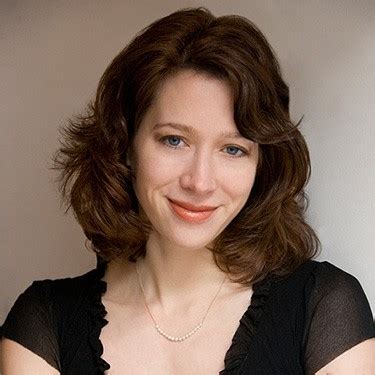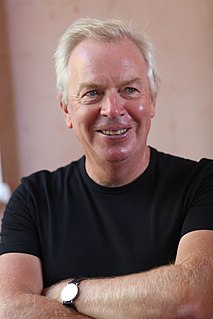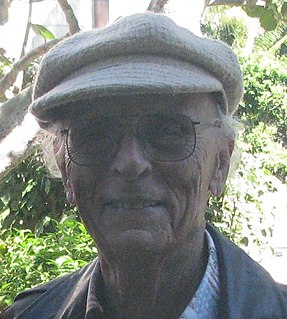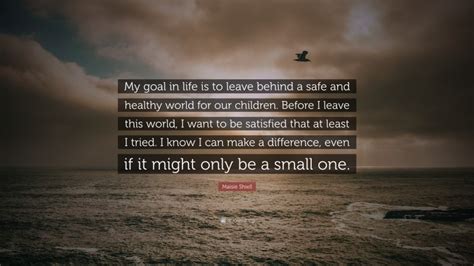A Quote by Neil Gaiman
Small children believe themselves to be gods, or some of them do, and they can only be satisfied when the rest of the world goes along with their way of seeing things.
Related Quotes
We humans are born egocentric. The sky thunders and children believe that God is mad at them for something they've done - parents divorce and children believe it's their fault for not being good enough. Growing up means putting aside our egocentricity for truth. Still, some people cling to this childish mind-set. As painful as their self-flagellation may be, they'd rather believe their crises are their fault so they can believe they have control. In doing so they make fools and false gods of themselves.
I guess one of the most magnificent things a novel can do is to change your perspective on the world, and to give it some sense of wonder, and that's what I find so exciting in writing fantasy, especially fantasy for children. Because already, I think children have a very special and unusual way of seeing the world.
People habituate themselves to let things pass through their minds, as one may speak, rather than to think of them. Thus by use they become satisfied merely with seeing what is said, without going any further. Review and attention, and even forming a judgment, becomes fatigue; and to lay anything before them that requires it, is putting them quite out of their way.
I figure the world is basically a machine. I don't know who made it, if it was the Fates, or the gods, or the capital-G god or whatever. But it chugs along the way it's supposed to most of the time. Sure, little pieces break off and stuff goes haywire once in a while, but mostly... things happen for a reason.
Sadly enough, my young friends, it is a characteristic of our age that if people want any gods at all, they want them to be gods who do not demand much, comfortable gods, smooth gods who not only don't rock the boat but don't even row it, gods who pat us on the head, make us giggle, then tell us to run along and pick marigolds.
I feel very grateful that for some reason I was raised to believe that I had permission to explore the creative world. I'm very aware of what a privilege that is, because most people don't grant themselves that permission, and I really think that's the only thing that separates people that call themselves artists from the rest of the world. It's suspending self-judgment for long enough to do something expressive.
Wizards don't believe in gods in the same way that most people don't find it necessary to believe in, say, tables. They know they're there, they know they're there for a purpose, they'd probably agree that they have a place in a well-organised universe, but they wouldn't see the point of believing, of going around saying "O great table, without whom we are as naught." Anyway, either the gods are there whether you believe in them or not, or exist only as a function of the belief, so either way you might as well ignore the whole business and, as it were, eat off your knees.

































